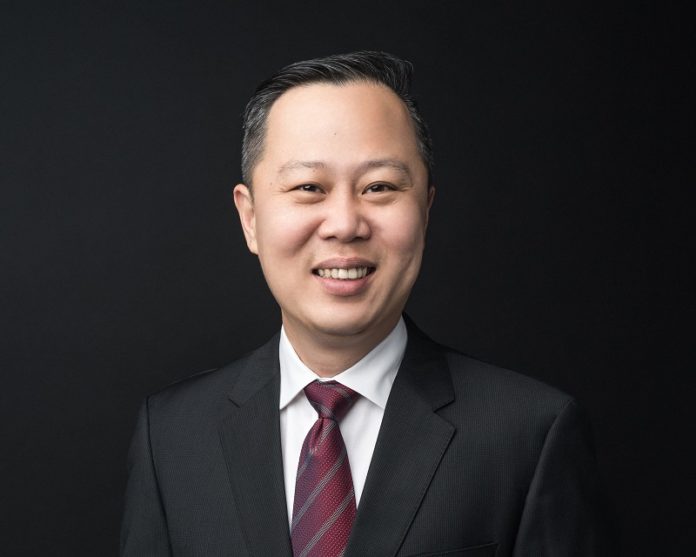As Singapore marks its bicentennial year, PM Lee delivered his National Day rally speech on 18th of August 2019, commemorating the history and progress of Singapore. Apart from the usual long-term imperatives mentioned in Singapore Budget 2019 this year, he also touched on global issues and unveiled Singapore’s plans for reinventing and renewing the economy.
So, what do these changes mean to you and your business?
Bracing businesses for economic headwinds
From Brexit to US-China trade tensions to the rising of protectionism, these happenings around the world have inevitably result in economic uncertainties and weakened global demand, impacting Singapore businesses considerably. Moreover, with geopolitical issues and technological advancement, these could disrupt supply chains, shift investment flows and alter trade patterns. How ready are you to navigate through these global uncertainties?
As emphasised by PM Lee, businesses need to be open to fresh ideas and break new grounds to thrive and stay competitive in this ever-changing landscape. In fact, Start Digital programme aims to catalyse companies’ transformation by encouraging the adoption of digital tools. Aligned with Singapore’s smart nation vision, government initiatives such as e-Government Action Plan and Infocomm Media 2025 plan also aim to support companies in accelerating their growth and scalability by ensuring smooth transition for companies to move from traditional to digitalised operations.
Besides reiterating on the challenges businesses need to overcome, PM Lee also announced other policy changes – the raised of retirement age and urban renewal.
1. Engaging mature employees in the workforce
In efforts to support older employees to work and be financially independent, PM Lee announced plans to raise the retirement and re-employment age. By 2030, the retirement age will be raised from 62 to 65 years while re-employment age will be raised from 67 to 70 years. CPF contribution rate will also be increased for workers above the age of 55 years. Recognising the value of older workers in the workforce, the Government stated that the higher costs translated to businesses will be defrayed and taken into consideration in next year’s Budget.
What do these changes in policies mean to us? We often talk about the emergence of millennials and how they shake up today’s workplace. While we foresee these digital natives entering the workforce, we will also be seeing a fraction of older employees being actively engaged in workplaces. With the disruption of technology, it affects what, how and where we work. Mature employees who are likely to be digital immigrants are vulnerable to having their jobs displaced. Government initiatives like SkillsFuture can help Singaporeans to upskill, reskill and keep up with technological changes and industry transformation. Moreover, the new Tripartite Standard on Age-Friendly Workplace Practices was also announced last year to encourage seniors to continue working and contribute to the economy.
In workplaces, businesses will also need to take into consideration work arrangements such as job redesign and age management practices. How can you accommodate to the diverse and evolving needs of the workforce? Do you have the infrastructure and culture to foster such progressive, age-friendly and inclusive workplace?
2. Convergence of work, life and play
As reiterated in the smart nation vision, technology has changed the way we live and work. In the rally, PM Lee highlighted urban renewal efforts such as the development of Greater Southern Waterfront (GSW) which will be rejuvenated into a new place to work, live and play. While several large companies such as Google, Unilever and Cisco already have offices located in the vicinity, more office spaces will be developed, bringing more job opportunities.
With commercial spaces and residential zones in proximity, vibrant possibilities and collaboration opportunities are created. For instance, instead of your long commute to work, you can put your time into more productive use – be it working longer hours in your office or having more time to hang out with your friends in the nearby recreation facility.
Is your company harnessing smart technology to embrace a future workplace to support such work-live-play lifestyles? After all, times have changed. As boundaries between work and life diminish gradually, businesses need to encourage a culture which fuses work and life effectively.
Preparing for a sustainable future
In a nutshell, this year’s National Day rally speech highlighted the slew of changes to some policies, including a raised retirement age and urban renewal plan to help Singaporeans to brace themselves amidst the ever-changing business environment and global uncertainties. Likewise, businesses will also need to ensure that they have the IT and business agility to venture into uncharted waters and stay sustainable in the long run.
Are you prepared for the workplace of tomorrow?
















